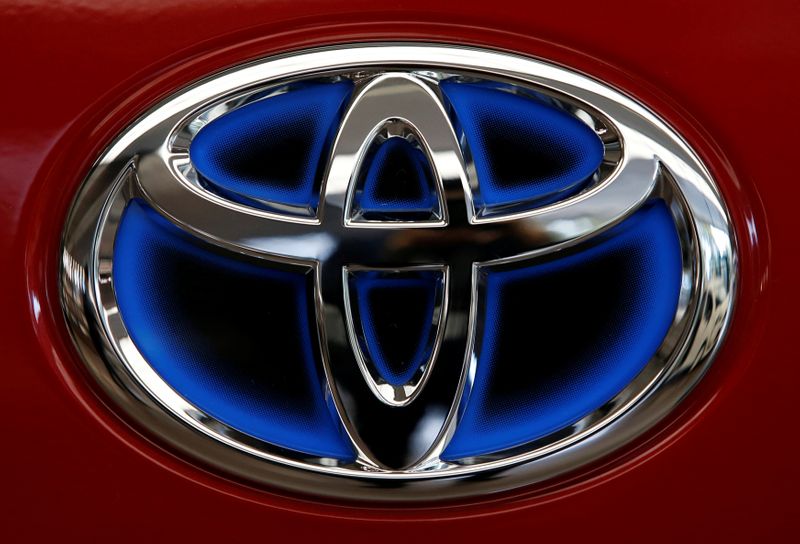By Tim Kelly
TOKYO (Reuters) - Japan's two biggest car manufacturers, Toyota Motor (T:7203) and Honda Motor (T:7267) on Friday more than doubled their operating profit forecasts, helped by recovering demand in China as it rebounds from the coronavirus pandemic.
While China's trade friction and worsening ties with the United States put pressure on Japanese companies to pull back from doing business there, China's rapid economic rebound could instead, deepen corporate Japan's dependence on the world's No. 2 economy, say analysts.
Although still weaker than last year, auto sales in the world's biggest auto market have grown for six straight months, jumping 12.8 percent in September.
China's overall economic recovery has also accelerated, expanding by 4.9% in the July-September quarter, compared with 3.2 percent in the previous three months.
Toyota has seen demand in China increase for its electric cars and Lexus luxury brand, while Honda said it has benefited from demand there for models such as its Vezel subcompact crossover sports utility.
Helped by that and following an improvement in quarterly earnings from the previous three months, Toyota said it now expects an operating profit of 1.3 trillion yen ($12.6 billion) for the year through March, 2021, up from the 500 billion it predicted previously. Operating profit for the previous financial year was 2.47 trillion yen.
That topped the 1.25 trillion yen average estimate for full-year profit from 26 analysts polled by Refinitiv.
"If you compare our second quarter with the first you can see a dramatic recovery," Toyota's Operating Officer Kenta Kon said during an online press briefing after Japan's biggest carmaker released its results.
The maker of the RAV4 sports utility vehicle (SUV) crossover and the Prius gasoline hybrid now expects to sell 9.42 million cars worldwide this year - up 3.5% from a previous forecast of 9.1 million, although still below 10.46 million sold last year.
Honda now expects full-year operating profit of 420 billion yen compared with an earlier prediction for 200 billion yen.
A need to win more business in China's automarket is also driving model design and technology research at automakers in Japan and elsewhere, including an accelerating shift to electrical cars as China moves to carbon neutrality by 2060.
A senior Toyota executive in China said in September that annual global sales of electrified vehicles could reach 5.5 million in 2025, five years earlier than initially planned..
Honda wants two-thirds of its production to be new-energy vehicles by 2030, a shift in strategy that prompted it last month to end its participation as an engine supplier in the FIA Formula One World Championship.
Nissan (OTC:NSANY) Motor Co (T:7201) last month said it would launch a slew of new vehicles in China over the next five years including electrical cars, as it draws back from the global expansion pushed by ousted chairman Carlos Ghost.
Nissan reports its second quarter results on Thursday.
Although more optimistic about their outlooks, both Toyota and Honda cautioned about the risk still posed by the ongoing coronavirus pandemic as infection rates rise in the United States and elsewhere.
"The surge in coronavirus cases is a concern, particularly in Europe," Honda's Executive Vice President Seiji Kuraishi said during an online press briefing.
That sentiment is also shared by some investors.
"Given the yen's appreciation (versus the dollar) and a resurgence of the coronavirus, we have to consider the profit forecast revision cautiously," said Kazuo Kamiya, a fund manager at Nomura Securities.
A strong yen reduces the value of sales booked in the United States.
